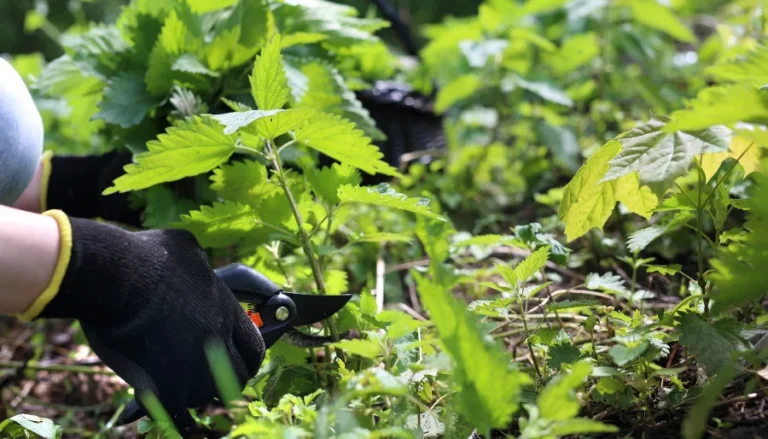The Mediterranean region, cherished for its rich history, diverse cultures, and delectable cuisine, is facing an urgent environmental crisis. New research reveals that its soils are deteriorating faster than in any other part of the European Union, with vast lands veering towards desertification.
Alarmingly, this degradation is attributed to a combination of unsustainable land management and the undeniable impacts of climate change. Both factors have strained this precious resource to an alarming extent.
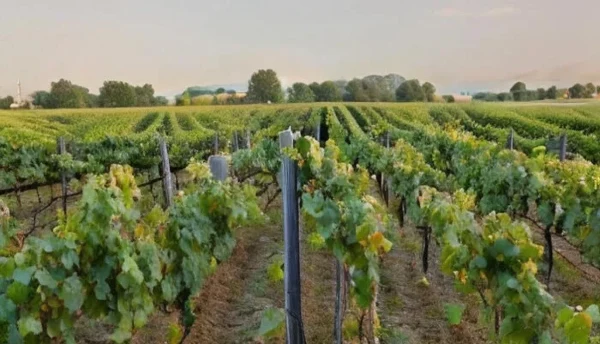
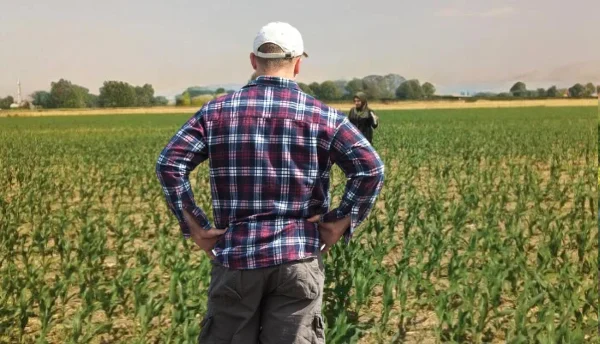
A comprehensive report by a prominent European commission dedicated to soil health underscores the magnitude of this issue, noting that a staggering 70% of soils across the EU are compromised, showing diminished capacity to perform essential ecological roles.
The Mediterranean’s naturally shallow soils present their own unique challenges. They are increasingly vulnerable to threats like seawater infiltration, erosion, severe droughts, and devastating wildfires. To further paint a concerning picture, this region has the unenviable distinction of having the EU’s highest erosion rates and alarmingly low soil organic content.
Compounding the problem, the Mediterranean’s burgeoning population has accelerated urban expansion. This has translated to vast areas blanketed in concrete or asphalt and, worryingly, has also increased the soil’s contamination with detrimental elements like heavy metals and pesticides.
Healthy soil is the bedrock of our ecosystem. It plays a pivotal role in water regulation and is the foundation for 95% of human food production. Once compromised, its ability to support life diminishes dramatically.
While the Mediterranean region is globally celebrated for its signature produce like tomatoes, olives, and grapes, the reality is that this gastronomic treasure and its supporting economy are under severe threat.
Surprisingly, despite these glaring issues, comprehensive research into the primary factors precipitating soil degradation in the Mediterranean remains scant. While many studies have highlighted the menace of erosion, only a handful have delved into the biological aspects of soil degradation.
Beneficial soil organisms, such as ants and earthworms, play a crucial role in nutrient regulation and overall soil health. But how have these communities been affected by human activities? And what repercussions might their changes bring about in the broader ecosystem? As of now, these pressing questions remain unanswered, and the clock is ticking.
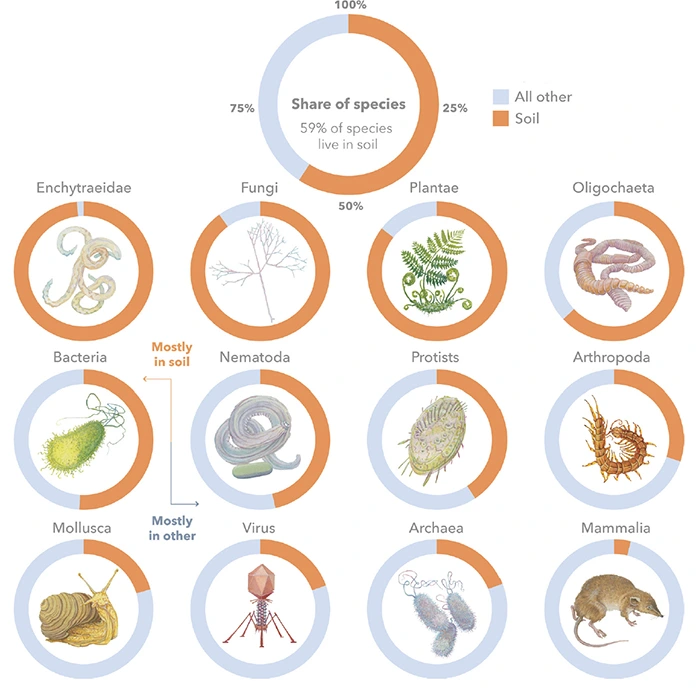
Historical data paints a grim picture, with droughts intensifying in the Mediterranean since the 1950s. This harsh climate has driven many farmers off their lands, exacerbating desertification and heightening wildfire risks.
The authors of the report sound the alarm, stating, “The profound shifts in agricultural practices, compounded by other land-use modifications, have reached a tipping point, resulting in unprecedented habitat destruction.”
Highlighting the region’s exceptional biodiversity, they note the significance of its endemic species, which are now at risk.
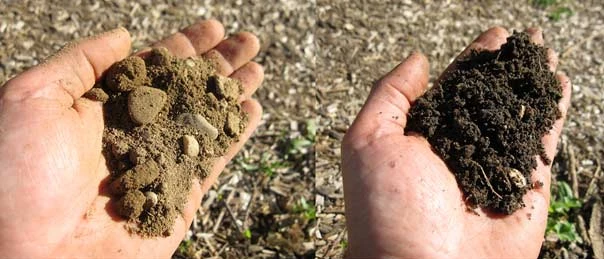
This seminal study, the first of its kind to holistically assess the Mediterranean’s soil health, underscores a glaring oversight: there’s no EU legislation specifically safeguarding rural soils from urban encroachment. Equally, concerning is the absence of policies addressing salinization, even though it’s identified as a major threat.
The authors poignantly conclude, “The Mediterranean soils, integral to the region’s identity, are overlooked in regular systematic evaluations, and there’s an evident void in formal bodies to collate and decipher available data.”
More To Discover
- Discovering Bumble Bees’ Dietary Preferences: Insights for Pollinator Conservation
- Breakthrough Solar Cell Doesn’t Run On Sunshine: Revolutionizing Energy Storage
- Green Energy’s Uptick: A Silver Lining with a Cloudy Forecast
- Greenhushing Trend Surges: Companies Shy Away from Touting Environmental Progress, Study Finds
For the EU to avert further ecological disaster, a paradigm shift in its approach to soil conservation is imperative. Soil is not just dirt; it’s the foundation of life.
Source: Science of the Total Environment













